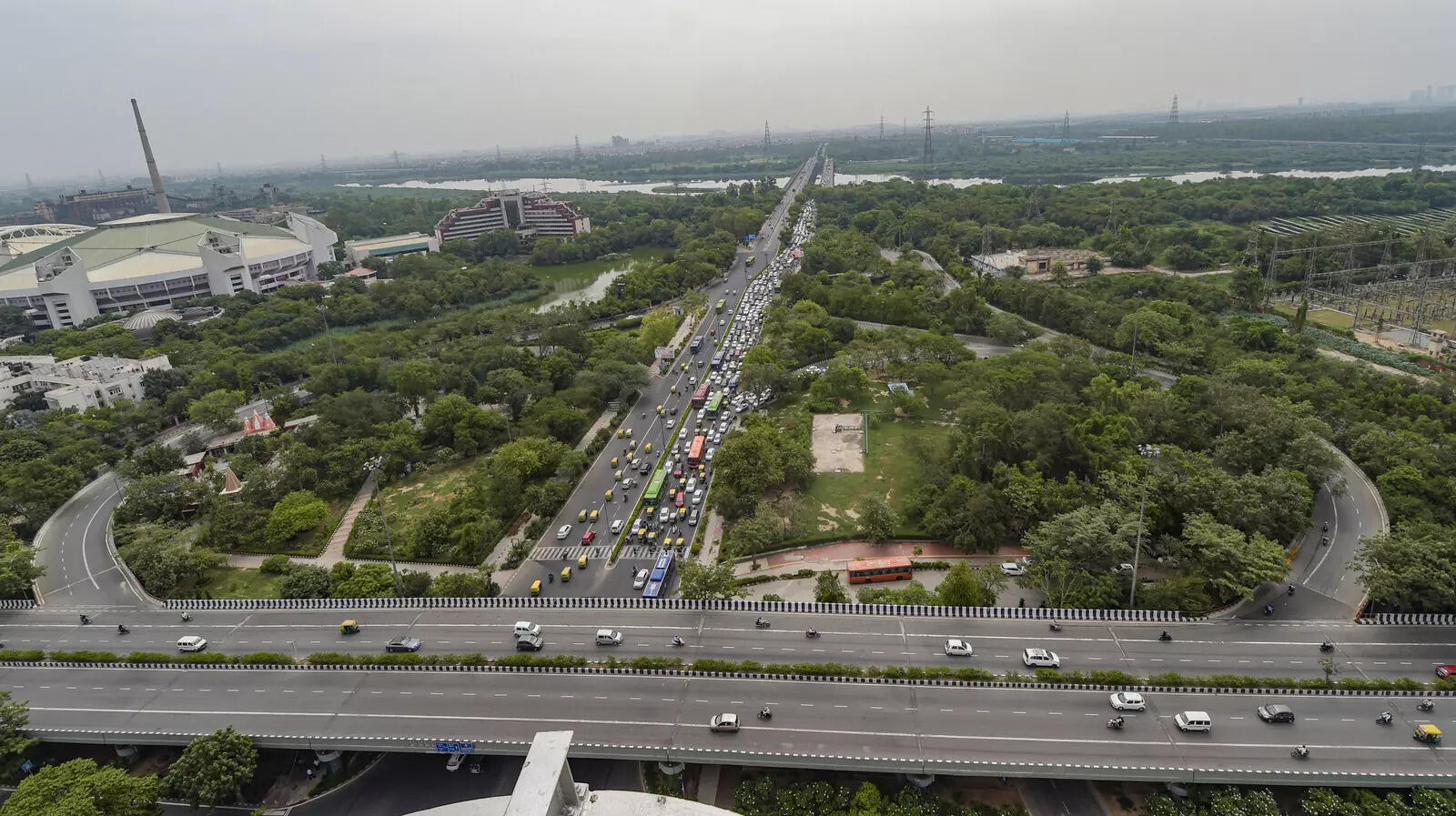
New Delhi: Over the next two years, eight traffic “blackspots” and five accident-prone zones across the city will be made safer, thanks to the Delhi government’s Bhalswa Chowk ‘Zero Fatality Corridor’ model.
The zero fatality corridor is a result of a memorandum of understanding (MoU) between the Delhi government and the SaveLIFE Foundation and on Wednesday, the transport department of the Delhi government signed an addendum agreement with the foundation on road safety, extending the MoU for four more years. The agreement was signed by the special commissioner (road safety) and founder & CEO of SaveLIFE Foundation in presence of Delhi’s transport minister Kailash Gahlot.
Speaking at the virtual event, Gahlot said that Delhi witnessed 1,463 people die in road crashes during 2019. “Even in the pre-Covid scenario, there was a decrease of 13.5% in the number of fatal accidents in Delhi as compared to the previous year i.e., 2018 and the fatality rate has decreased by 13.43%. Through this initiative, our aim is to continue making Delhi roads among the safest in the country,” he said.
Earlier in 2018, blackspots on Outer Ring Road were identified after the MoU was signed and a trial was conducted at Bhalswa Chowk to undertake necessary interventions to reduce road crashes on the deadly intersection. The Delhi government said in a statement that the redesign at Bhalswa Chowk was found to successfully create an improved scenario of safe mobility, which was visible throughout the junction.
The government said that the project recorded 100 % reduction in road crash deaths through a 70% reduction in pedestrian exposure distance, reducing pedestrian vulnerability to conflict, crashes and near-crashes. It said 12,000 people, including school children from the vicinity, were engaged during the trials.
SaveLIFE Foundation’s ‘Zero Fatality Corridor’ model attempts at reducing the number of road accident deaths through a 360-degree intervention, the statement said.
“Delhi has demonstrated sensitive leadership in taking up the issue of road crashes that drastically affect people from all backgrounds but especially those from vulnerable economic backgrounds,” Piyush Tewari, founder and CEO, SaveLIFE Foundation said.
